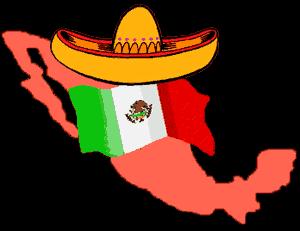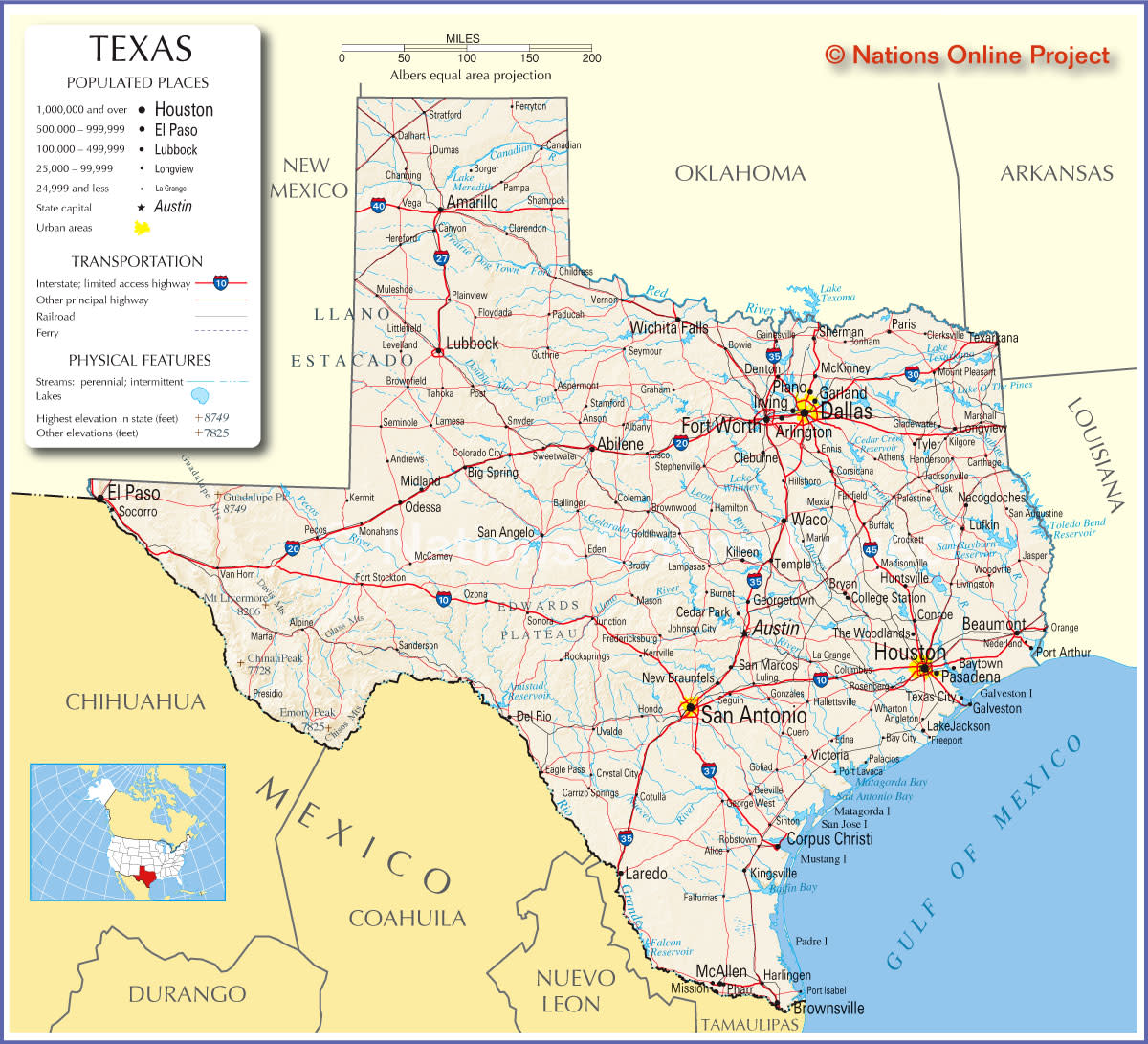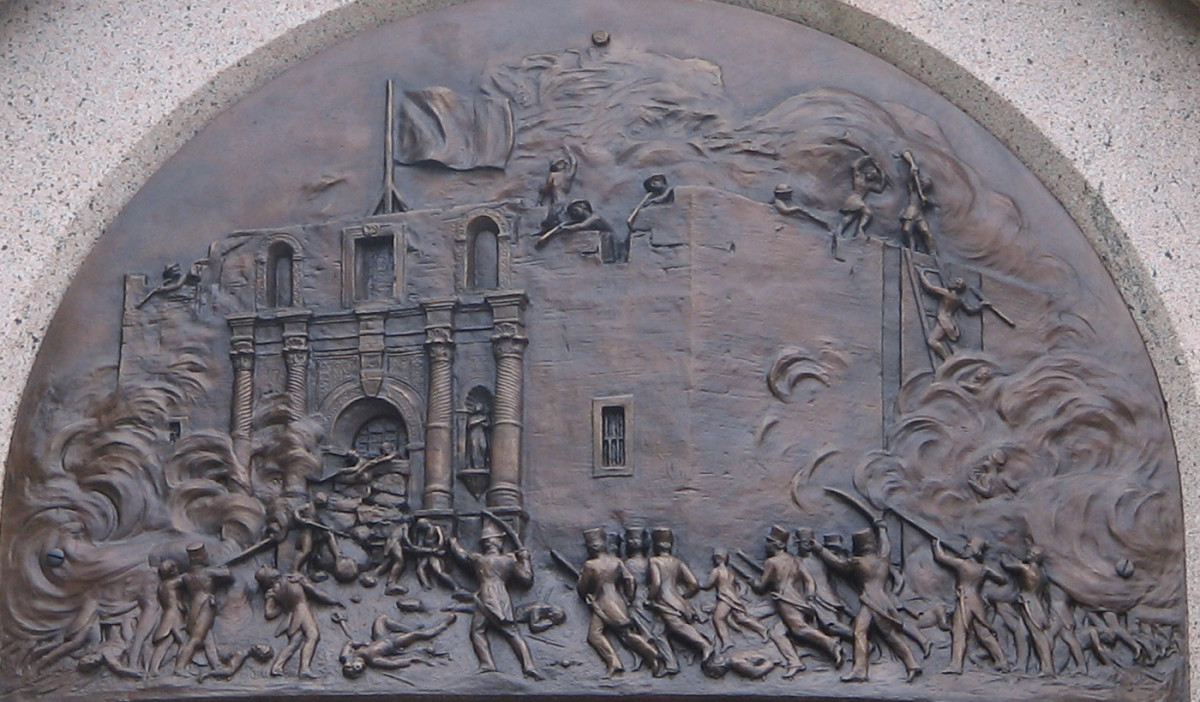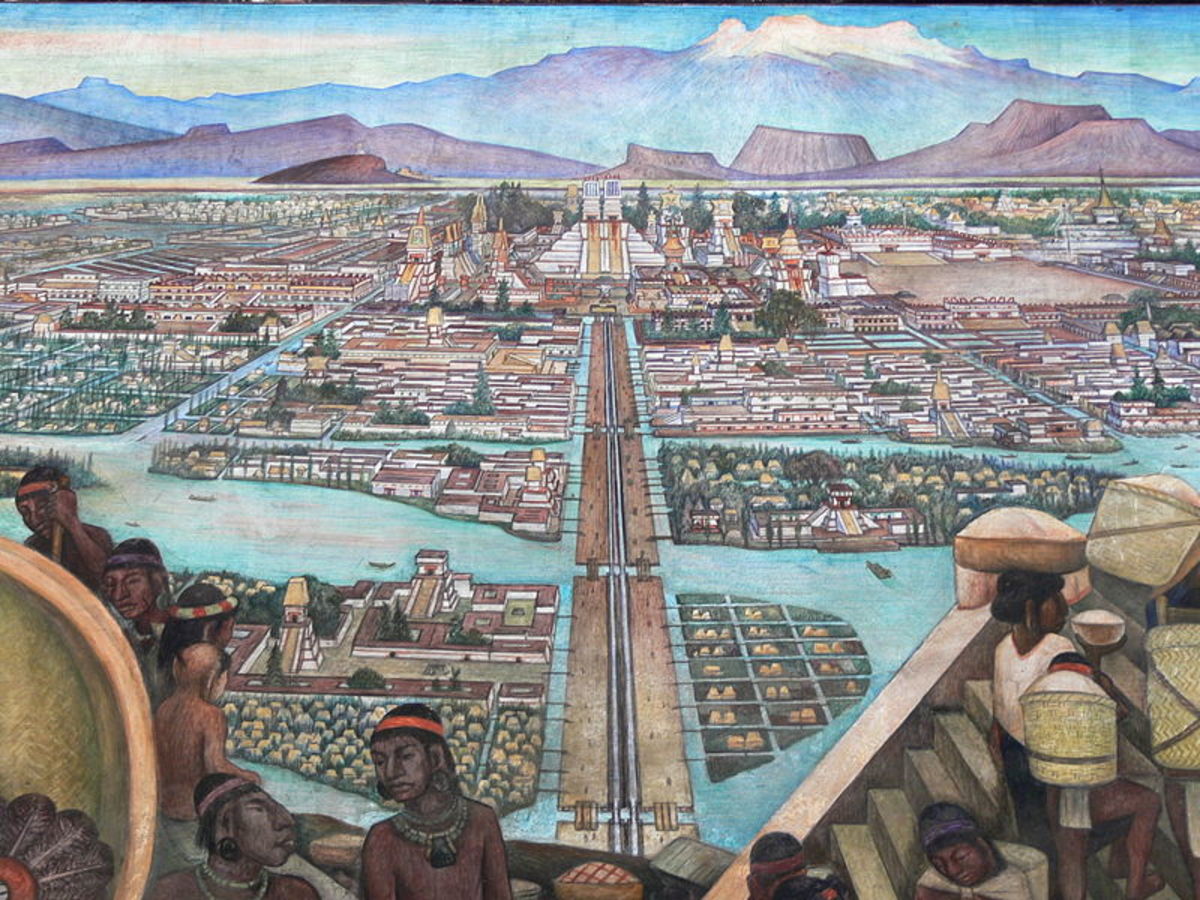Cinco de Mayo


A Major Victory by Mexican Forces
Contrary to what many people think, Cinco de Mayo, Spanish for the 5th of May, is not Mexican Independence Day (that holiday is celebrated on September 16th). Instead, Cinco de Mayo celebrates celebrates the victory of the Mexican Army over a vastly superior French force dispatched by the French ruler Napoleon III (Louis Napoleon) to make Mexico a French colony.
After gaining its independence from Spain, the new Mexican government turned to foreign sources to raise funds through borrowing. The foreign capital flowed into Mexico, but political infighting and instability resulted in the money being wasted leaving the country unable to repay the loans. In 1861 Mexican President Benito Juarez issued a decree suspending payments on foreign loans for a period of two years. A few months later, in 1862, the major creditor nations, Spain, Britain and France, sent a fleet of warships to Mexico to collect the debts owed to them. Upon their arrival, the warships were greeted by a Mexican official who explained that Mexico was not in a position to continue payments at that time but offered creditor nations warrants promising to repay the loans in the future. The British and Spanish accepted the warrants, but the French refused. It soon became clear that the French were not interested in collecting the money due on the loans but were instead using the Mexican government's suspension of payments as an excuse for taking control of Mexico and making it a French colony. Seeing this, the warships of the British and Spanish navies promptly pulled anchor and sailed for home. But the French remained and and landed a military force that immediately began marching toward Mexico City with the intent of capturing it and the government.
Just outside of Mexico City, and in the path of the advancing French army, lay the city of Puebla. President Juarez ordered a young general named Ignacio Zaragoza to fortify the city of Puebla and halt the French advance before it reached Mexico City. Zaragoza's resources were extremely limited, but he managed to bring together a militia force consisting of mostly poor and ill-equipped mestizos and Zapotec Indians. Advancing against this ill-equipped and untrained militia was a superior force of well equipped and well armed professional soldiers that outnumbered the Mexicans by almost two to one. However, the Mexican force defending the the walls of Puebla did have one thing in their favor and that was the fact that they were fighting for their homes, families and freedom while for the opposing French force it was simply a matter of following orders and doing their duty.
On that fifth day of May in the year 1862, love of homeland and freedom, not superior firepower or numbers, was the deciding factor as General Zaragoza and his ill-equipped force of militia defeated the superior French army. The defeated French were forced to retreat and Mexico retained its independence - for a while, at least. More French troops were soon dispatched toward Mexico City and, this time, unable to withstand the onslaught of a powerful European army, Mexico City and the country fell temporarily under French rule.
However, memories of the heroism of the brave Mexican militia and their victory over the French on that Cinco de Mayo in the year 1862 lived on and was remembered with pride by succeeding generations of Mexicans.
For many years the commemoration of the victory on Cinco de Mayo 1862 was mostly a local affair in the city and state of Puebla. Ironically, the expansion of the holiday from a local affair to a major celebration is due in large part to efforts in the U.S. Beginning in the 1950s, as part of its Good Neighbor Policy designed improve relations between the U.S. and its Latin American neighbors, the U.S. government began taking steps to promote the holiday and educate Americans about Mexico's famous victory. Also, the U.S. had played a role in expelling the French from Mexico when, following the end of the Civil War in the U.S., the government invoked the Monroe Doctrine and made it clear to the French government that it would not tolerate new foreign expansion in the Western Hemisphere. The threat of American force, combined with growing unrest against French rule in Mexico, the government of France choose to withdraw its support of the puppet regime it had installed in Mexico and brought its troops home.
While the efforts of the U.S. government to educate people about the significance of May 5th in Mexican history, had some small success, the growth of the holiday soon received support from another quarter, also in the U.S. and that was from the growing Mexican population in the U.S. especially in the west. Like the Irish and Italians before them, Mexican Americans longed to celebrate their culture in America and Cinco de Mayo soon became a day of celebration in the Mexican American community in the later part of the 20th century. However, it wasn't until recent years when large national food and beverage chains saw the day as a great way to market to the growing Mexican American population that the holiday really took off. With print and electronic media full of ads for products to celebrate the holiday, Cinco de Mayo soon became a popular unofficial holiday in both Mexico and the U.S. And, like St. Patrick's Day, on Cinco de Mayo everyone joins the fiesta!
This content is accurate and true to the best of the author’s knowledge and is not meant to substitute for formal and individualized advice from a qualified professional.
© 2007 Chuck Nugent








